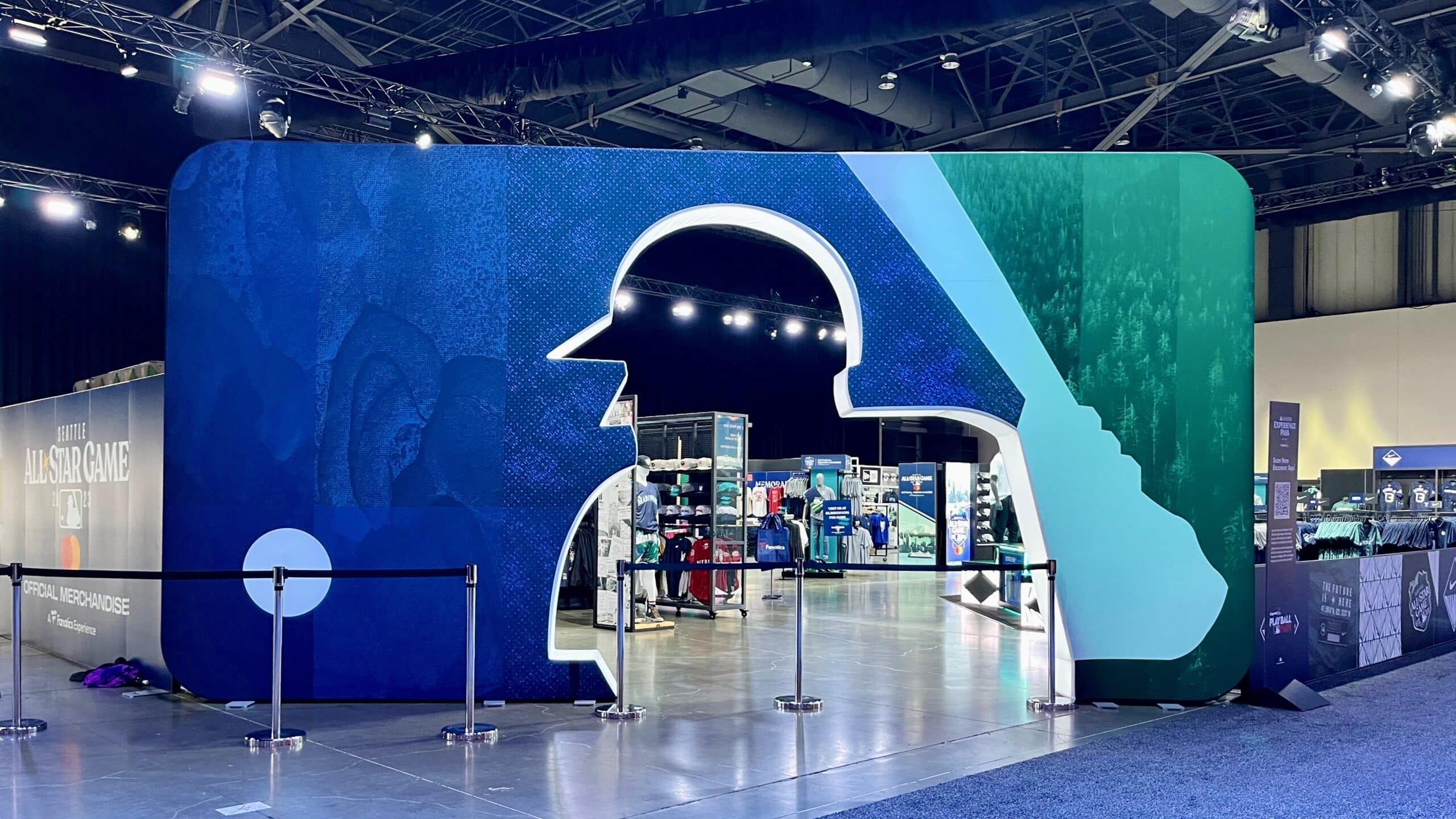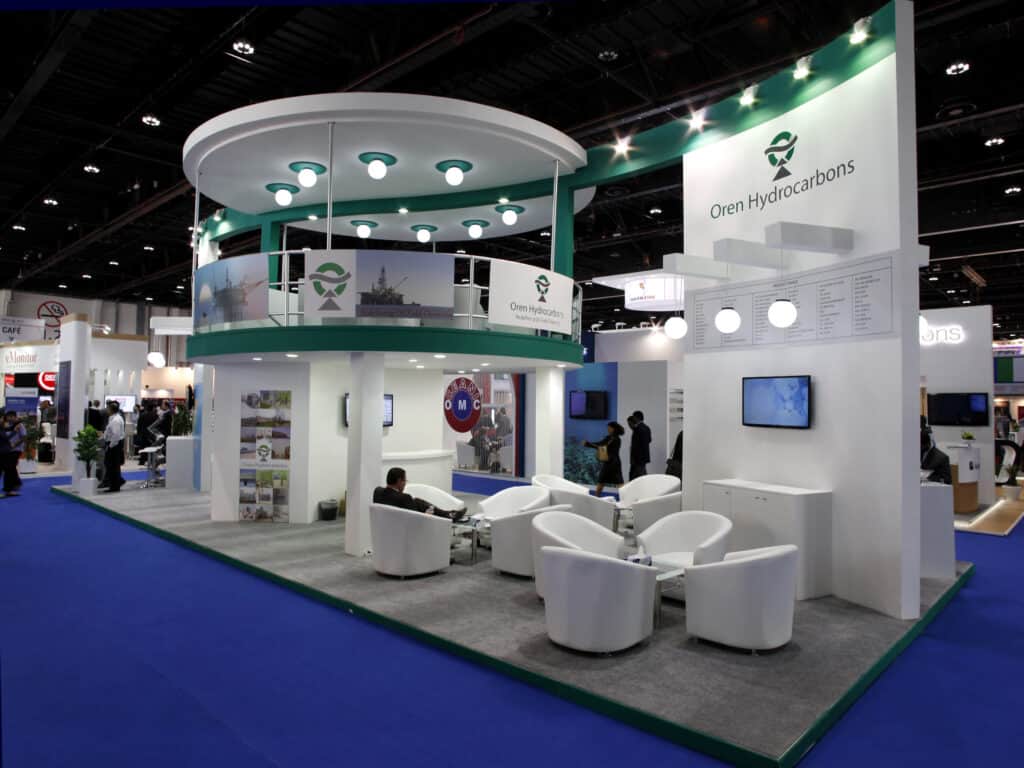[ad_1]
Justin Lawless has his grandfather’s knack for writing slogans to thank for sparking off such an interest in programming that ultimately led to Lawless becoming chief executive of Dundalk-based Intact Software.
hen the 45-year-old was growing up in the border town in the early 1980s, his grandfather was a “serial competitor” in a long-running marketing campaign run by Lyons Tea, which involved customers collecting 40 tokens and writing a slogan, for a chance to win prizes.
His grandfather was thrilled to win two cars in the competition – but was a little stumped when another prize was a ZX Spectrum computer.
“He said, ‘What am I going to do with this?’” Lawless recalls. “But my older brother Aidan really fell in love it with, bought all the magazines for the computer and started learning how to code.
“Then we all started getting interested in this wee computer sat there at the end of the table. We were writing basic programmes and little games – and that’s where the love of technology came from in the family.”
Aidan went on to study computer science at what is now the Dundalk Institute of Technology. After he graduated, the young programmer was introduced to a local accountant called Paul Marry. Together, the pair created a computerised accounting programme for businesses.
That programme became the basis for Intact Software, which celebrates its 30th birthday this year.
“Back in 1992, accounting systems like these were so new and expensive for small businesses, which were still using things like docket books,” Justin Lawless says.
“But we saw a gap in the market to create something that was easy to use. It was a really scaled-down version of a big ERP (enterprise resource planning) system – you check inventory, enable purchasing, enable selling. That was our real starting point.”
Lawless has been instrumental in driving growth at Intact since 2013, when he was appointed CEO of the company that he has worked for since he was a teenager. In true David versus Goliath-style, the thriving indigenous ERP software business competes with behemoths such as SAP, Oracle, Microsoft and Sage in a global multibillion euro industry.
The Dundalk company built its own signature product – Intact iQ – unlike many competitors in the market, who resell ERP software products from SAP and Microsoft.
ERP software simplifies the day-to-day running of a business by capturing and managing information for functions such as purchasing, sales, customer relations management (CRM), inventory, supply chain, e-commerce, and accounting.
Intact iQ enables businesses to manage, automate and scale their operations by increasing the flow of real-time information across an organisation. Some 3,000 companies use Intact’s software across Ireland, the UK, parts of Europe and through resellers in Australia and New Zealand. Foreign clients generate 60pc of revenue.
“Between 45,000 and 50,000 users rely on our technology every single day,” Lawless says. “We’re now adding about 5,000 new users every year.”
Intact’s customers are mostly building supplies merchants, DIY outlets and homeware retailers. They count Homestore & More, TileStyle and Right Price Tiles among its clients.
It also has customers in the pharma, janitorial, and food and beverage sectors (Butlers Chocolates is a client).
But Intact’s biggest clients are in its rapidly growing British market and include UK Plumbing Supplies and James Hargreaves.
The customer profile meant the pandemic proved a boon for the company, as consumers confined to their homes spent money on upgrading their properties and gardens rather than going on holidays or dining out – and as some janitorial clients switched to providing PPE supplies.
“Pretty quickly we realised how important a role we played in the whole supply chain,” Lawless says. “We had to get customers rapidly trading online, and that accelerated so quickly. The supply chain was very, very busy compared to the last crisis in 2008.
“Now the more forward-thinking businesses want change-ready technology – the pandemic really shone a light on their lack of investment in technology over the years.
“All of a sudden, people went from being happy with 15-year-old systems to saying: ‘We need to have change-ready technology – we don’t know what the next change is going to be, but we’ve been caught out.’
“Businesses know that they’re going to have to continue to adapt very quickly. You used to see the building supply chain increasing prices once a year – now it’s once a month – and we have to make sure that it’s as easy and slick for them as it possibly can be.”
Revenue at Aptech Business Systems Ltd, the registered company behind the Intact Software trading name, saw revenue jump 14pc to €13.2m in 2020, according to accounts filed to the Companies Registration Office.
Revenue rose to €17m in 2021, and a UK acquisition that Intact expects to close within four weeks will likely lift 2022 revenue to €28m, with organic revenue at €22m for the year.
Profit after tax rose to €1.6m last year, says Lawless, compared to €780,221 in 2020, when the company swung from a loss to a profit.
While Intact is about to make its second big acquisition in the UK – a purchase of an Intact reseller – and is in talks with potential partners for its software in North America, the company had humble beginnings.
Lawless went to college in the mid-1990s just as the Peace Process was unfolding, having grown up in a town that was dubbed El Paso during the Troubles because of its reputation as a haven for IRA operatives criss-crossing the border.
Because Lawless was only 16 when he was leaving secondary school and didn’t know what he wanted to study, he pursued business studies at DKIT. He later switched to computer science – because computers and maths were the only modules of the business course he enjoyed.
While at college, he worked part-time at Intact, which was even more of family affair back then.
“I was answering the phones and trying to help customers,” he says.
“Paul’s sister works in the business and has done the accounts for the last 30 years. His wife also works in the business. My other brother used to work in the business, as did my mother. And when you needed someone to do a particular thing, who are you going to ask? Mam!”
As the Troubles abated, Dundalk’s proximity to the border meant a peace dividend of sorts for Intact.
“Our first customer was based in Dundalk and our second was in Newry,” Lawless says. “Because we were based near the border, we had to deal with sterling and the Irish pound. We got used to dealing with multiple currencies and helped clients deal with the euro change-over.
“A lot of English companies were using products like Sage – which didn’t really look at the euro in way Ireland needed to do.
“So that was something that really accelerated our momentum.”
Intact’s “third or fourth” customer was a Dundalk builders’ merchants – and the company soon realised its product was especially suited to that industry.
“We said, ‘Let’s go after the building supply chain – anyone who has a trade counter, who requires rapid transacting and managing inventory.’ And we just got better and better at it. We built a reputation and continued to scale.”
During another crisis – the 2008 recession – Intact decided to pour its resources into product development rather than “battening down the hatches and cutting costs”.
The result was the next-generation ERP software – Intact iQ – and a new CEO in the form of Lawless.
“Myself and Aidan kind of disappeared out of the business and started working on designing what is now our flagship product,” he says.
“When it came to formally launching the product in 2013, because I was very much connected to it and very much connected to the business and to the customers, an external chairman we brought in advised us to look at the structure of the company. We were looking at UK growth as well. Paul said I would be the most appropriate person to succeed him as CEO.”
By 2016, the software company had acquired a UK reseller called Ramtac and in February this year they set up their new UK head office in Hemel Hempstead, just outside London, having opened up a Cork office last December.
Lawless, who spoke to the Sunday Independent via Zoom from the new Intact training academy at the Hemel Hempstead office, says Intact’s biggest challenge now is hiring enough staff to meet the demands of clients and facilitate further expansion.
“Because we have to get new people in and get them trained up, we’re quoting 10 or 11 months before we can start projects for a new customer,” Lawless says.
Intact, which started its own graduate recruitment programme earlier this year, expects to hire 85 people this year. Combined with the 60 people coming on board from the UK reseller the company is acquiring, this will bring the software firm’s headcount to 350 people. It will recruit 70 to 80 people a year from 2023 onwards.
While Intact’s staff retention is higher than the market average, and the company’s cheaper location has made it attractive to recruits seeking work outside Dublin’s Silicon Docks, the firm is far from immune to global labour shortages.
“We’re leaving no stone unturned in bringing in good people,” Lawless says. “We’re trying to offer as much as the big tech companies are offering. And a lot of people who work here have a cultural thing – there’s pride in working for a small company that’s trying to take on global giants.”
Close
Curriculum vitae
Name: Justin Lawless
Age: 45
Position: CEO of Intact Software
Lives: Dublin
Family: Married to Abbi, with two sons Freddie (10) and George (7)
Education: St Mary’s College (The Marist), Dundalk, then computer science at the Dundalk Institute of Technology followed by Enterprise Ireland’s Leadership 4 Growth programme at IESE Business School in Barcelona
Favourite book: Sapiens: A Brief History of Humankind by Yuval Noah Harari
Favourite podcast: “I love the David McWilliams podcast, The Stand with Eamon Dunphy, and Pivot from New York Magazine.”
Favourite film: “Possibly The Shawshank Redemption? I’m not a big film or TV person, though I watch bits of Seinfeld all the time.”
Hobbies: Cold-water swimming, surfing, cycling
Business lessons
What has running a business during a pandemic taught you about leadership?
“I think that when it comes to the people in your organisation, paying attention to the smaller details is really important. It’s not virtue-signalling, but I actually called one of our people during Covid and was, like, ‘You’re really struggling with this.’ It really woke me up.
“I thought, ‘We need to be doing more for people, we need to be spending more time talking to each other.’ The people within the organisation are like friends – like family – because this is my life.”
[ad_2]
Source link







